Landscape low voltage wiring heating up
dwojo
10 years ago
Featured Answer
Comments (9)
ImNoBobVila
10 years agodwojo
10 years agoRelated Professionals
Lake Nona Electricians · Browns Mills General Contractors · Flint General Contractors · Holly Hill General Contractors · Jefferson Valley-Yorktown General Contractors · Mentor General Contractors · Palestine General Contractors · Pasadena General Contractors · Reisterstown General Contractors · University City General Contractors · Waimalu General Contractors · Milpitas Solar Energy Systems · Boston Home Automation & Home Media · Oak Hill Home Automation & Home Media · The Villages Home Automation & Home Mediakudzu9
10 years agokudzu9
10 years agobrickeyee
10 years agodennisgli
10 years agodwojo
10 years agoNatasha Herman
3 years ago
Related Stories
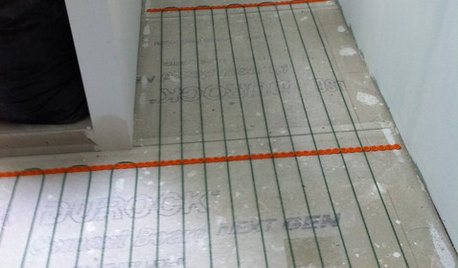
BATHROOM DESIGNWarm Up Your Bathroom With Heated Floors
If your bathroom floor is leaving you cold, try warming up to an electric heating system
Full Story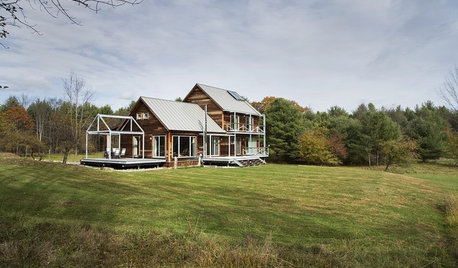
GREEN BUILDINGHouzz Tour: Passive House in Vermont Slashes Heating Bills
Its ecofriendly, low-maintenance design leaves a family with more time to relax and enjoy the weekend home
Full Story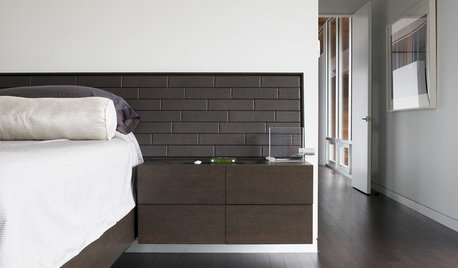
FLOORSFloors Warm Up to Radiant Heat
Toasty toes and money saved are just two benefits of radiant heat under your concrete, wood or tile floors
Full Story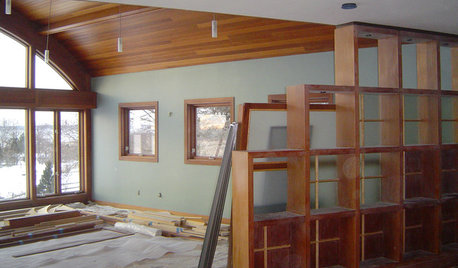
REMODELING GUIDESHouzz News: Remodeling Heats Up
With the U.S. economy showing signs of recovery, homeowners invest in quality, livability and "a place to make their own"
Full Story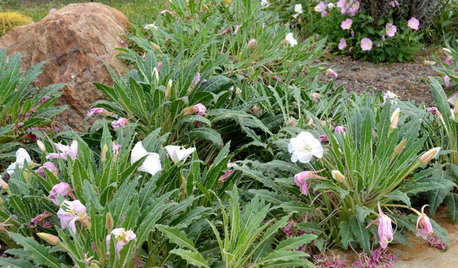
GARDENING GUIDES10 Cold- and Heat-Tolerant Perennials and Shrubs for the Arid West
These flowering native plants shrug off the cold of winter and heat of summer while adding beauty to the drought-tolerant landscape
Full Story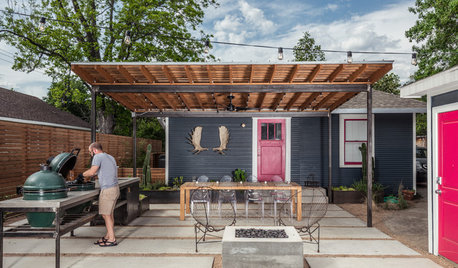
PATIOSA Modern Backyard Trumps the Texas Heat
New shaded areas offer a respite in an outdoor Houston living room, while a fire pit re-creates fond memories
Full Story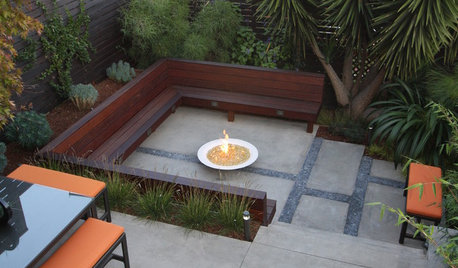
GARDENING AND LANDSCAPINGSunken and Raised Areas Take Gardens Up a Notch
Altering a landscape's grade can create energy and excitement, offering different vantage points and moods depending on the level
Full Story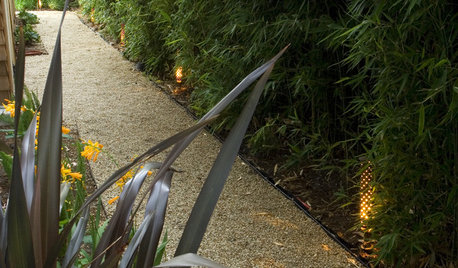
GARDENING AND LANDSCAPINGThe 3 Top Ways to Light Up Your Landscape
Whether you're lighting a small side garden or a wide swath of yard, you'll be in the dark without understanding these essential elements
Full Story
ACCESSORIES8 Low-Cost Luxuries With a Big Payoff
Consider the small stuff — like switch plates and throw pillows — to give your home a touch of class
Full Story
LIGHTING10 Ways With Wall Lights That Don’t Need to Be Wired In
Learn how to add illumination to your home without carving into the walls
Full StoryMore Discussions






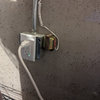

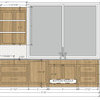
dwojoOriginal Author